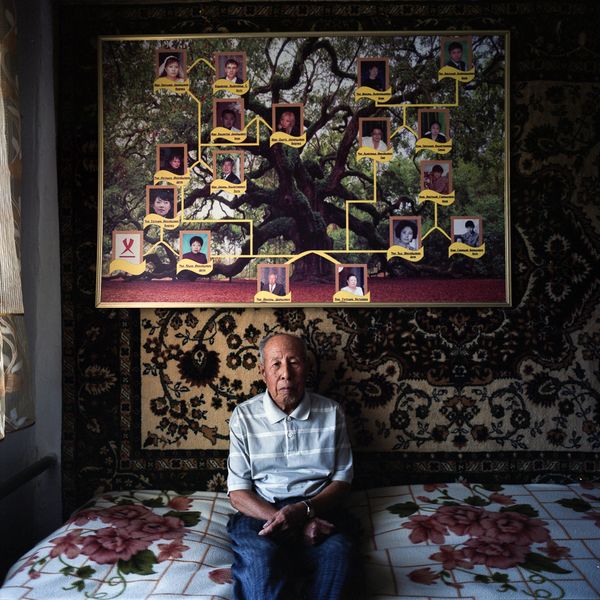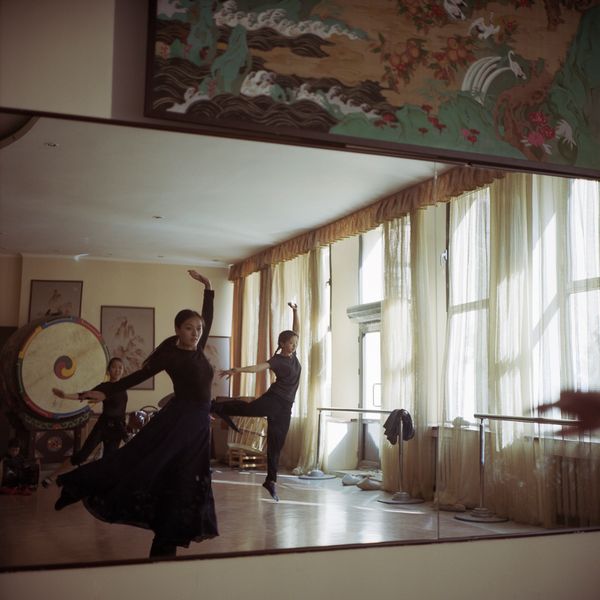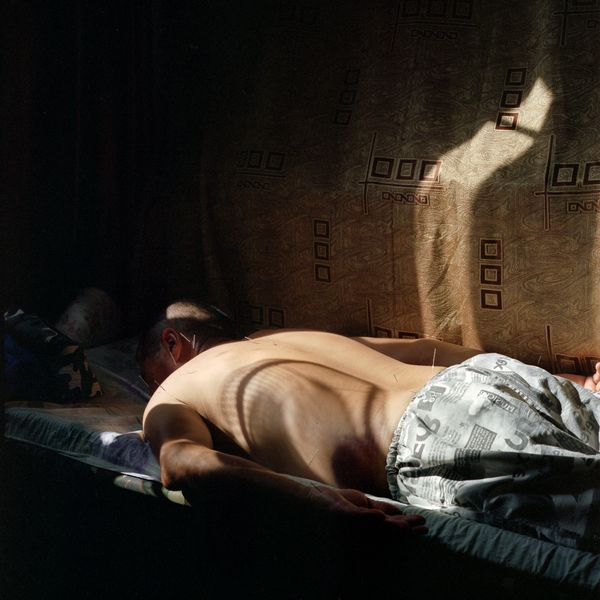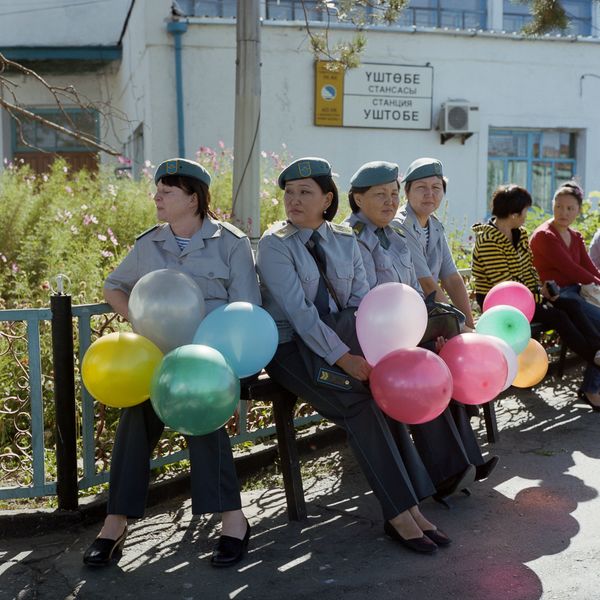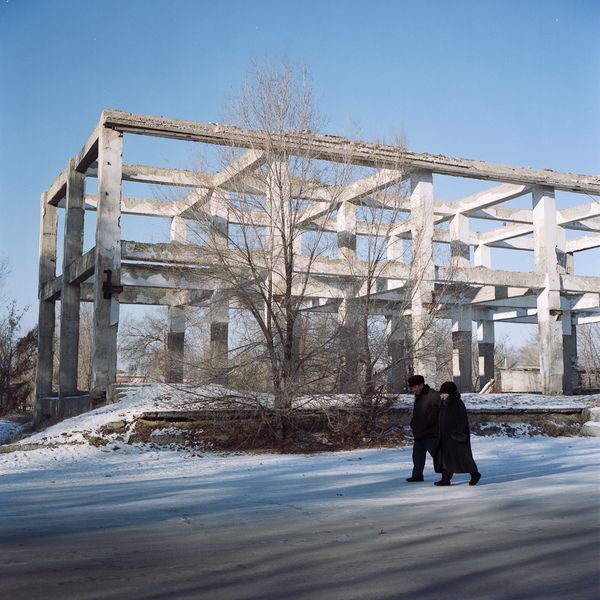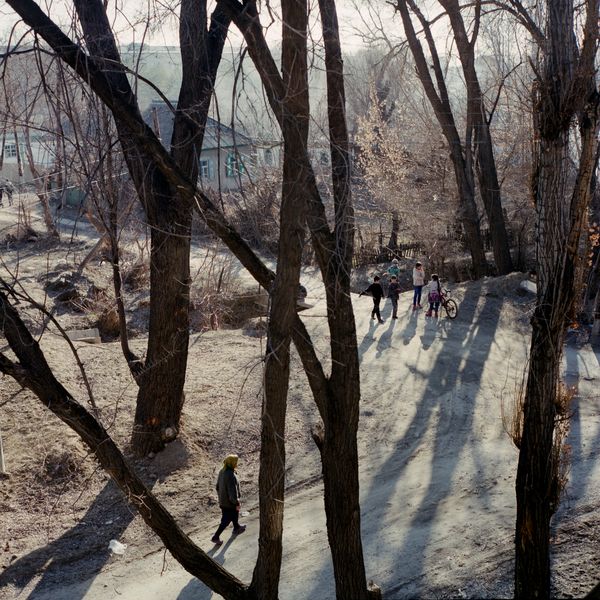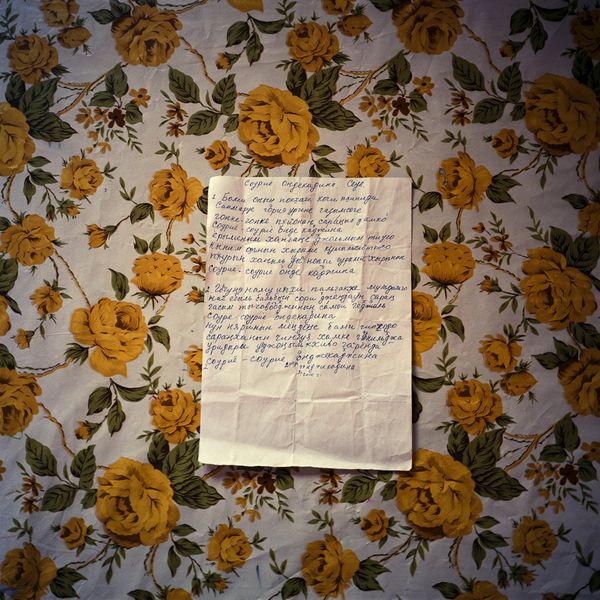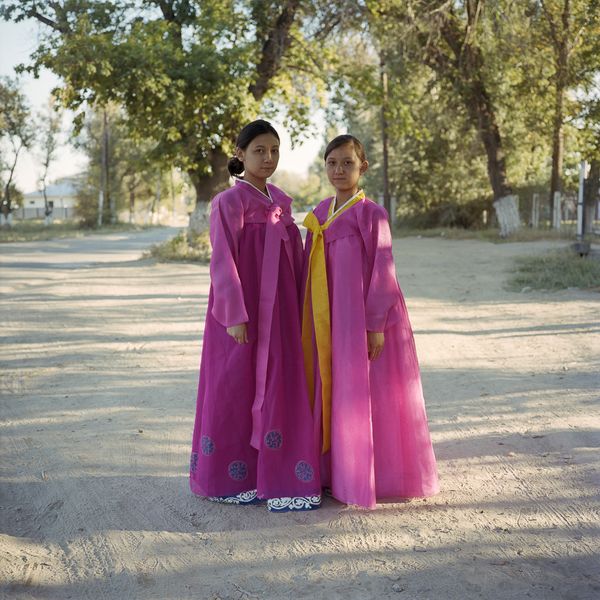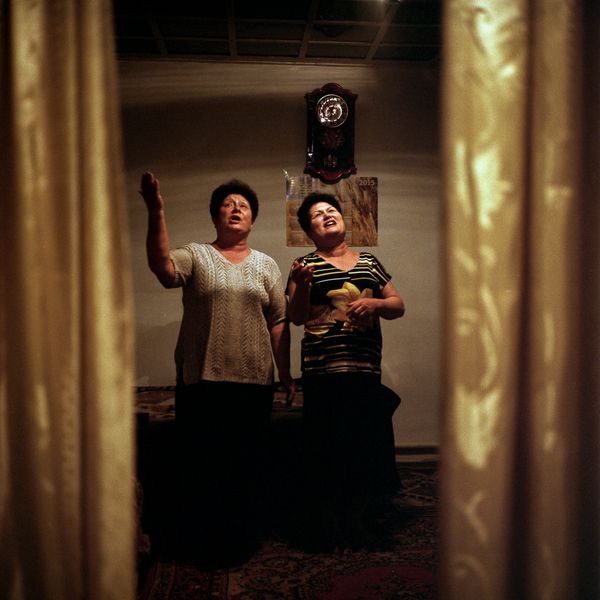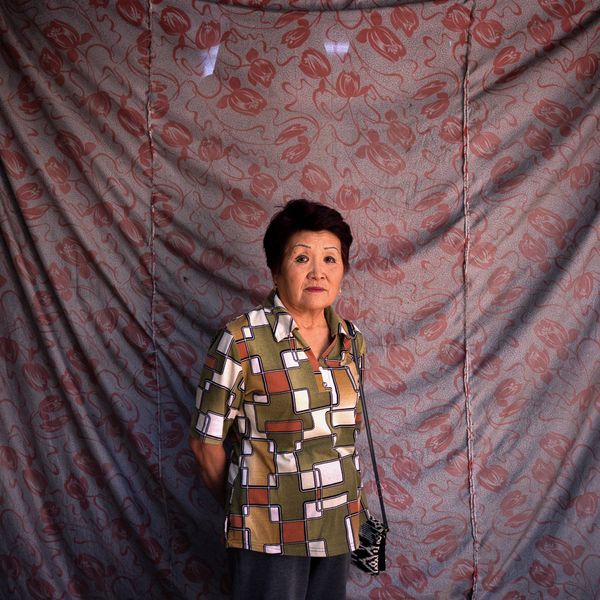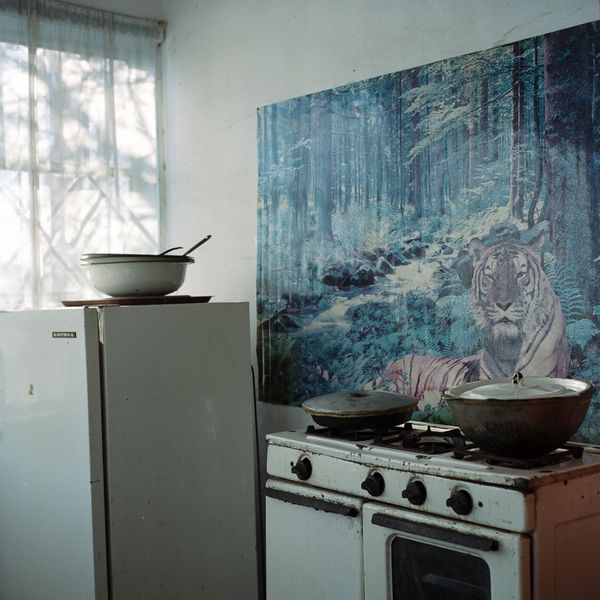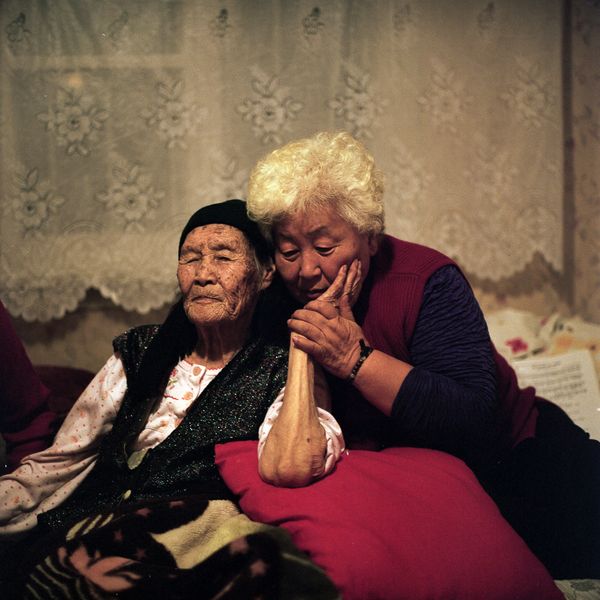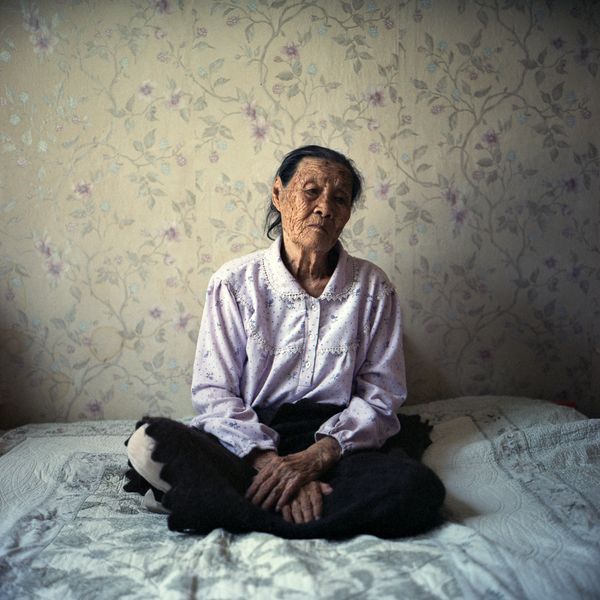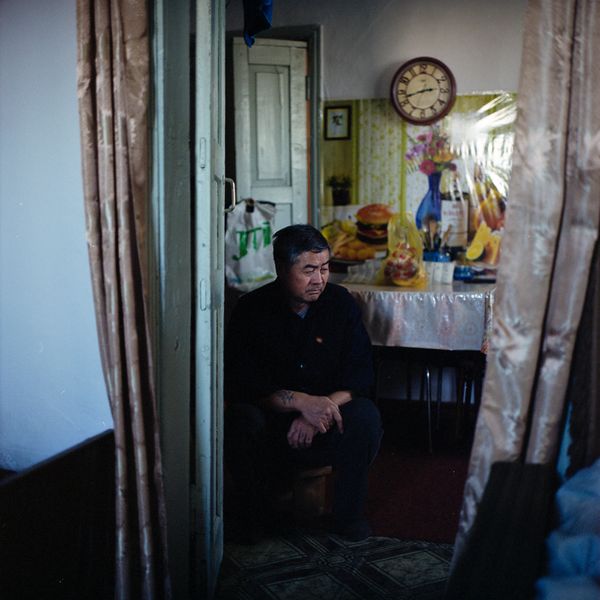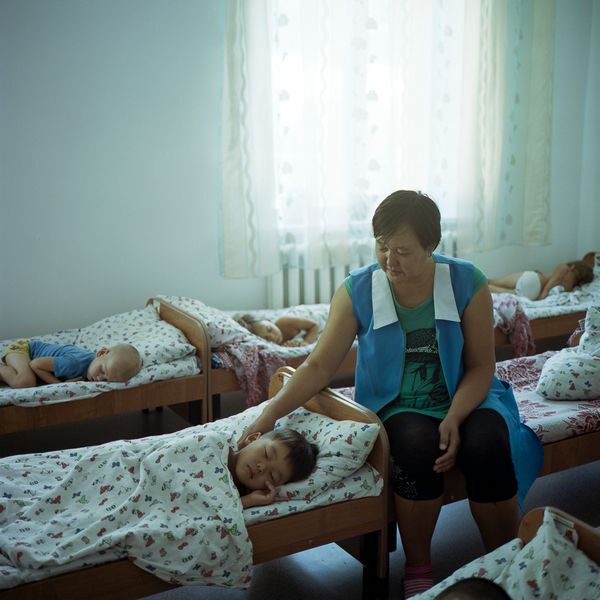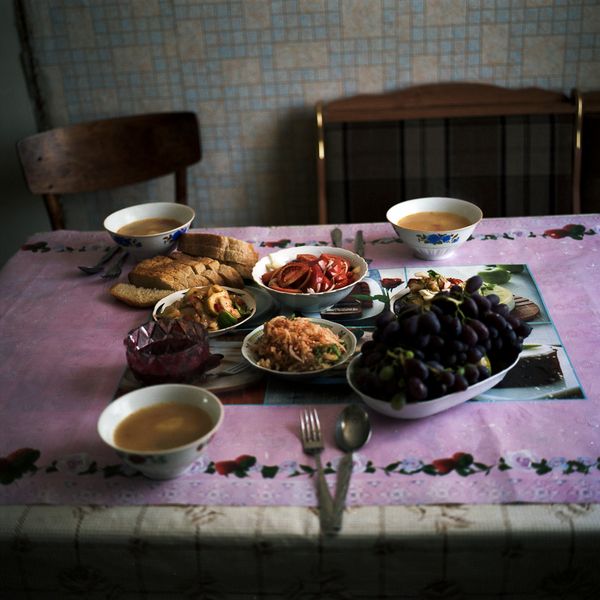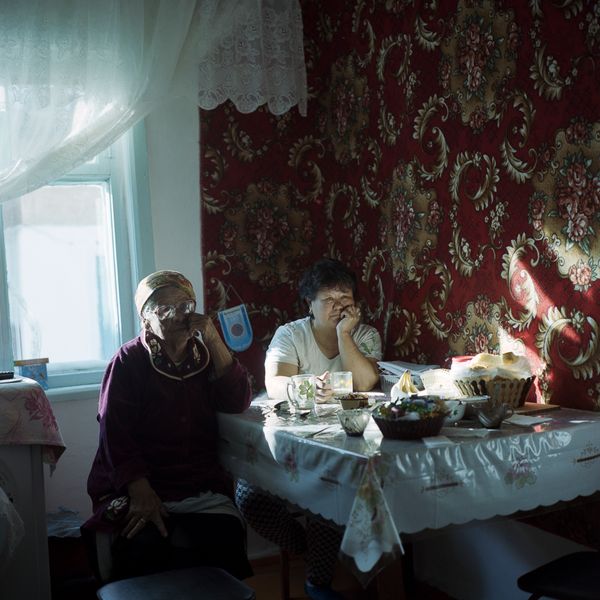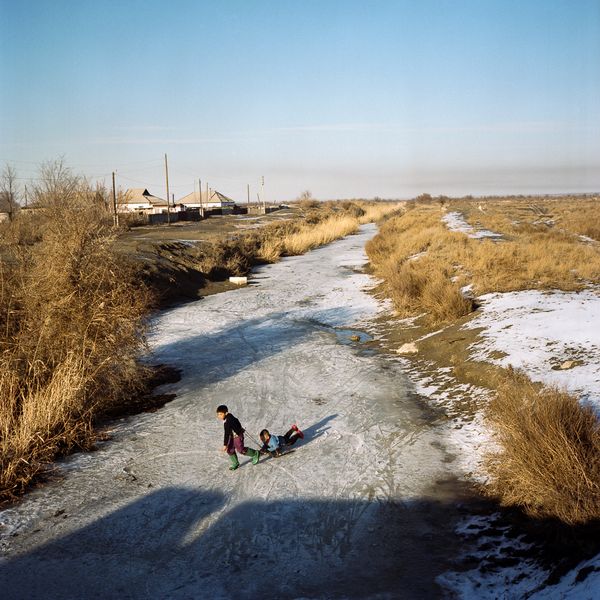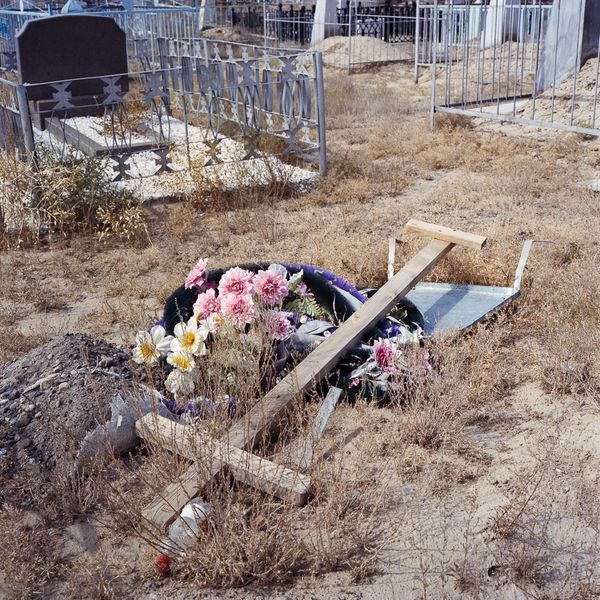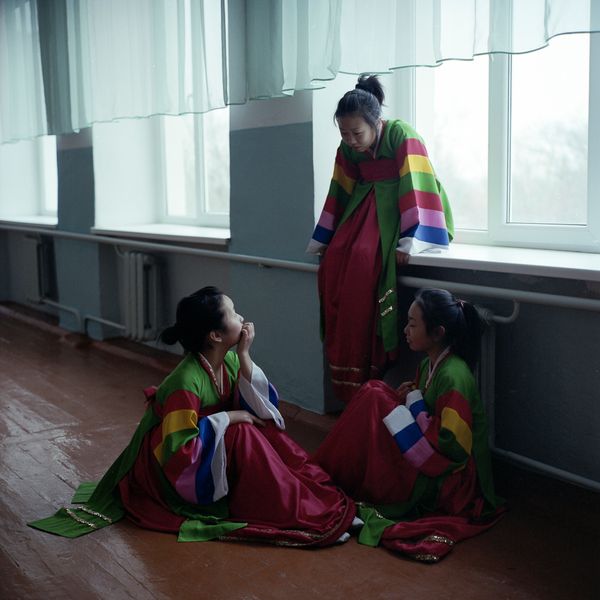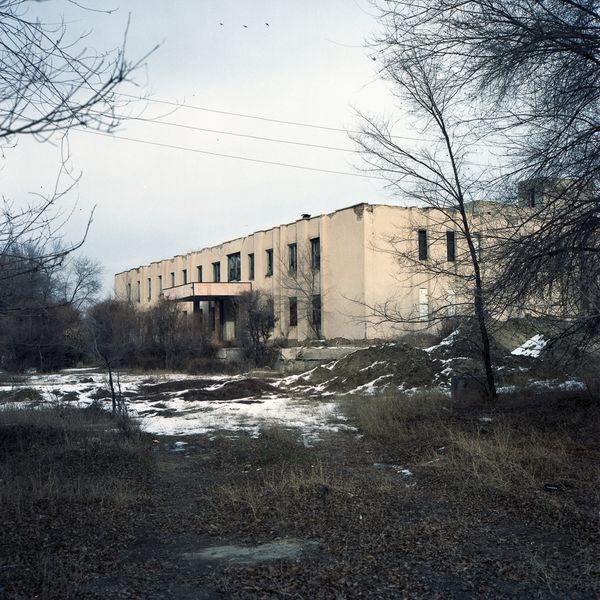The Koreans of Kazakhstan
-
Dates2015 - Ongoing
-
Author
- Topics Daily Life, Social Issues, Documentary
THE KOREANS OF KAZAKHSTAN tells the story of 180,000 Koreans who had settled in the Russian Far East to escape famine, poverty, and Japanese colonial oppression between the 1860s and 1937, when they were forcefully deported to Central Asia under Stalin’s ethnic cleansing.
In 1937, 180,000 Koreans that had settled in the Russian Far East to escape famine, poverty, and Japanese colonial oppression were forcefully deported to Central Asia under Stalin’s ethnic cleansing. 40,000 Koreans died during the monthlong journey in precarious and overcrowded cattle trains and the harsh Kazakh winters following the relocation. They were left with no means of survival nor the compensation they had been promised. Starvation and illness became commonplace, and they lived in earth dugouts while being ordered to grow rice in the desertic Kazakh steppe.
The Koreans received medals of honour for their hard labour and success in collective farms as well as their participation in war, yet they were denied the right to retain their own language, a Soviet Korean dialect distinct from the language spoken in modern Korea. Along with cultural assimilation and intermarriage, the Soviet Korean dialect is almost extinct. Nevertheless, the Koreans of Kazakhstan have retained a sense of identity as ethnic Koreans as well as traditions and rituals still practiced in the Korean peninsula today.
